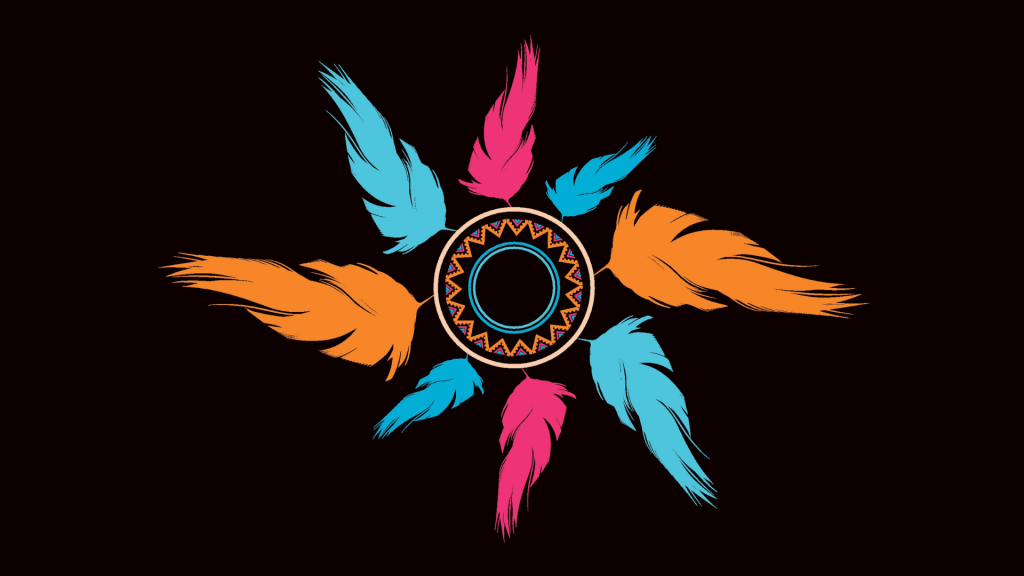
Indigenous peoples have unique cultures and ways of relating to people and their environment. Indigenous peoples’ thoughts on health and well-being are generally seen as greater and more holistic. With a strong determined community, the keeping of the land and the natural environment are always in mind.
Article 24 of the United Nations Declaration on the Rights of Indigenous Peoples recognizes the right of Indigenous peoples to their traditional medicines, to maintain their health practices and to access social and health services without discrimination.
Indigenous women are the backbone of Indigenous communities and play a vital role in the preservation and transmission of traditional knowledge concerning the environment, traditional medicines, food systems, preservation of language and cultural heritage. Not to mention in some cultures, the clan and nation are past down from the woman.
There are an estimated 476 million Indigenous peoples in the world. They make up less than 5 per cent of the world’s population, but account for 15 per cent of the poorest people. They speak an overwhelming majority of the world’s estimated 7,000 languages and represent 5,000 different cultures.
Indigenous peoples have wanted recognition of our identities, our way of life and our right to traditional lands, territories, and natural resources. Yet, throughout history, our rights have been violated. Indigenous peoples today are among the most disadvantaged groups of people in the world. International communities now recognize that special circumstances are required to protect our rights and maintain our distinct cultures.
In Resolution 49/214 of 23 December 1994, the United Nations General Assembly decided that the International Day of the World’s Indigenous Peoples was to be observed on August 9 every year. The date marks the day of the first meeting, in 1982, of the UN Working Group on Indigenous Populations to promote and protect the human rights of Indigenous People.
In 2014, the World Conference on Indigenous Peoples, a UN Action Plan on the rights of Indigenous peoples was developed by several agencies to support Indigenous issues. The aim was to ensure a coordinated approach to achieving the ends of the UN Declaration on the Rights of Indigenous Peoples and included an improved support to member states and Indigenous peoples.
The International Day of Indigenous Peoples, observed on August 9, is a celebration that honours the rich cultural heritage, traditions, and contributions of Indigenous communities worldwide. This day serves as a platform to raise awareness about the challenges faced by Indigenous peoples and promote their rights and well-being.
Lenora Maracle
National Equity Representative for Indigenous Members
Union of National Employees